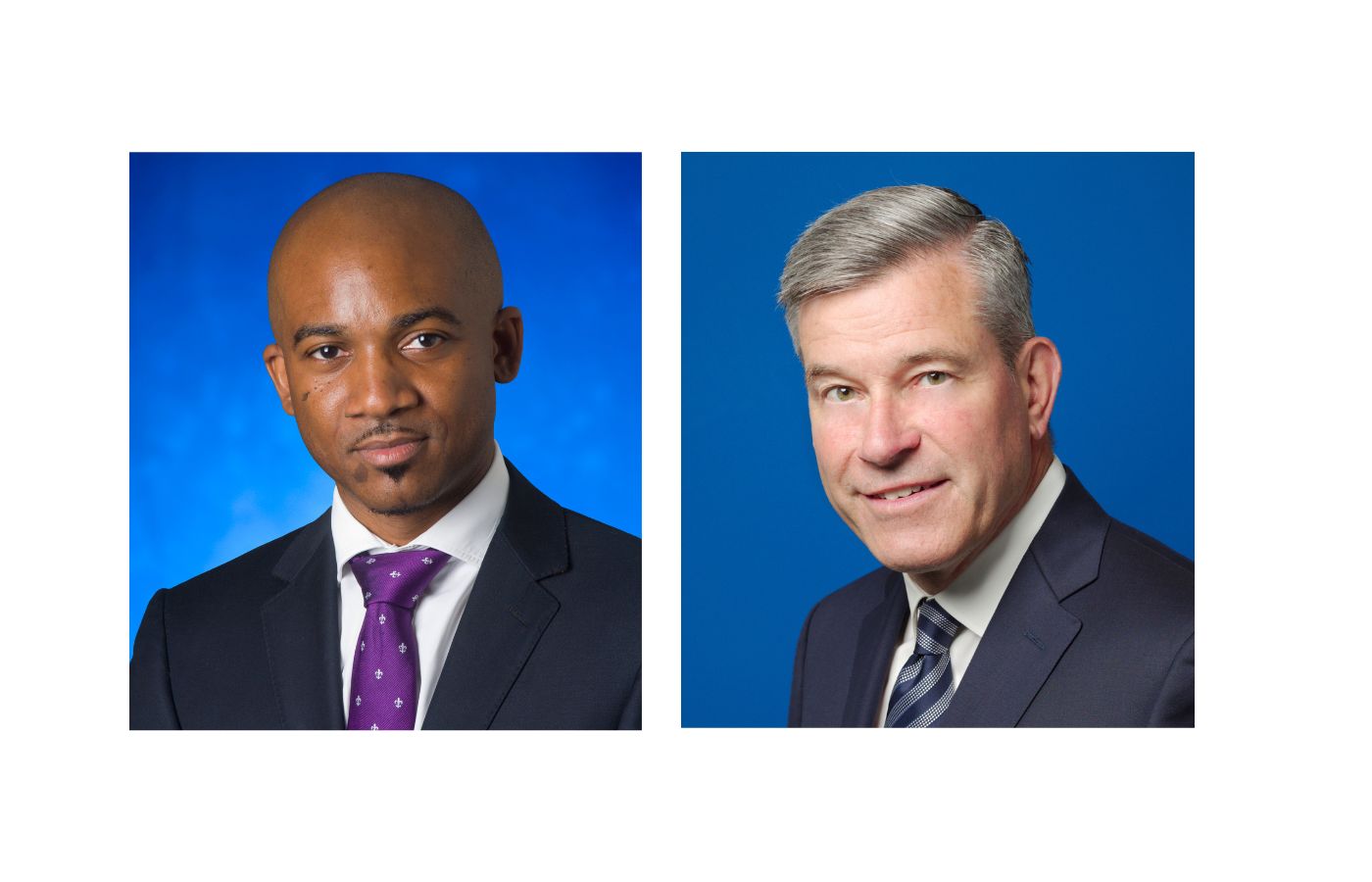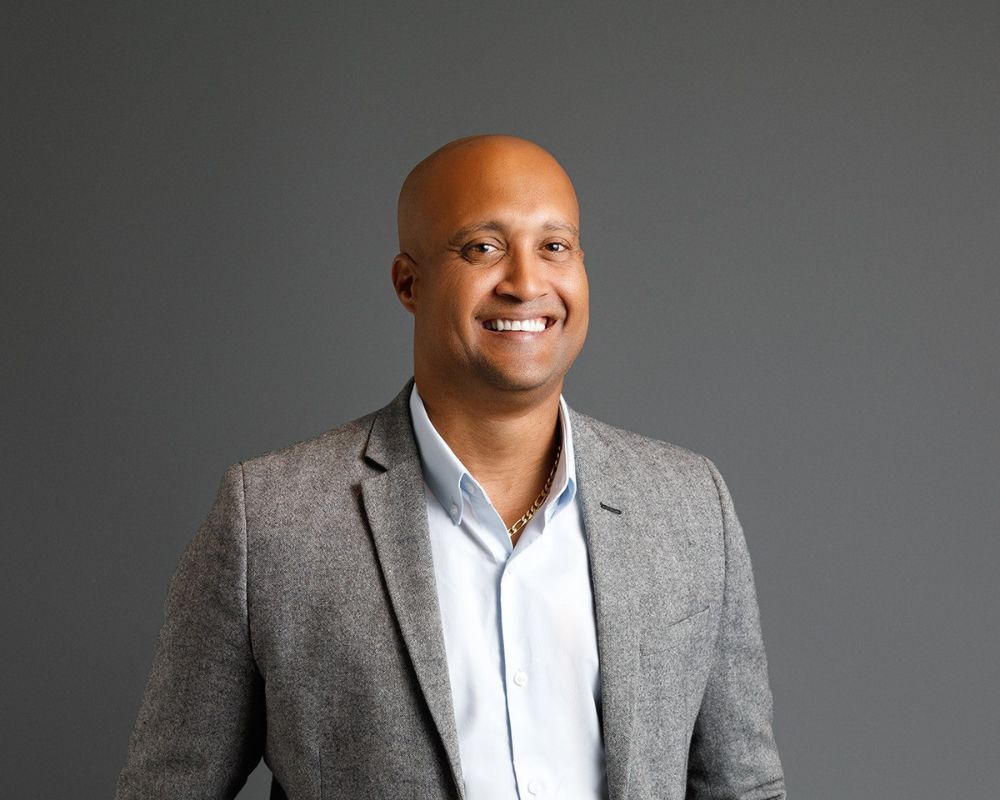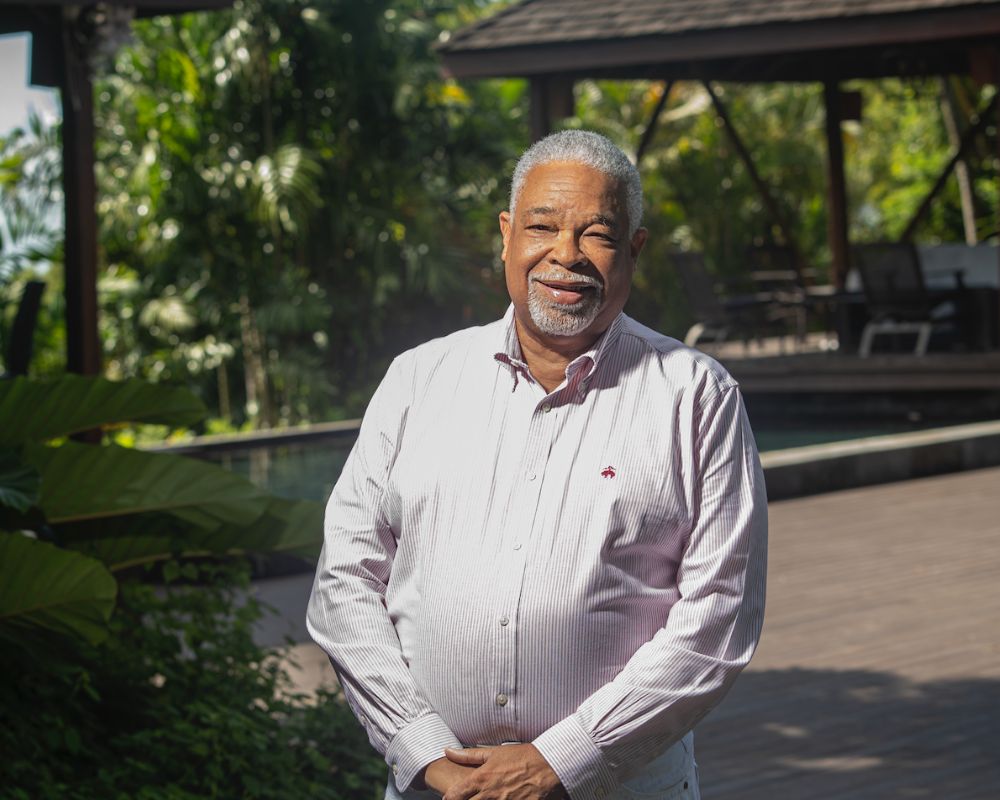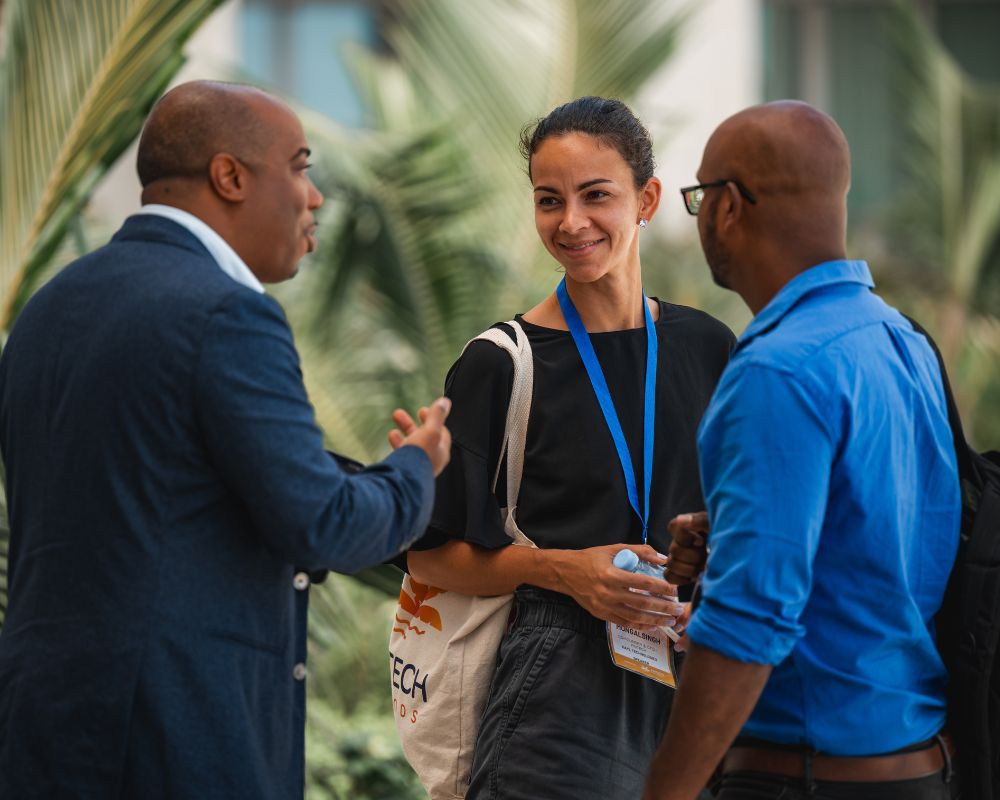
Almost 70% of Caribbean CEOs expect global economic growth to increase over the next 12 months, according to the Caribbean cut of PwC’s 28th Annual Global CEO Survey, launched during the World Economic Forum Annual Meeting.
The global report, which surveyed 4,701 CEOs across 109 countries and territories, including Caribbean CEOs, also finds that 42% expect to increase headcount by 5% or more in the next 12 months – more than double the proportion who expect headcount decreases (17%). Responses for Caribbean CEOs are very similar with 44% expecting to increase headcount and half that expecting to decrease (22%).
While CEOs are optimistic about the global economy, cyber risks (31%), closely followed by inflation and workforce capabilities (both 28%) remain the top risks for the year ahead, cited by Caribbean CEOs. Meanwhile, macroeconomic volatility (29%) tops the global results and the differences in top threats further changes depending on what region they are based. Cyber risks have had the centre stage for some time now so it’s somewhat concerning that only 2% of organisations globally have implemented resilience actions as highlighted in another recent PwC report, Bridging the gaps to cyber resilience: The C-suite playbook this survey strongly suggests cyber is having an ongoing impact on Caribbean based businesses.
Ross Parker, Territory Leader, PwC East Caribbean, said:
"This year’s CEO Survey reveals that Caribbean business leaders are optimistic about the future but recognise the need to reinvent value creation. Three-plus decades of digitisation have started to break down formerly impermeable boundaries between sectors. The combined impact of the climate transition, AI, and other megatrends will increase this reconfiguration. To thrive, leaders must make bold strategic decisions, integrating GenAI into core processes and exploring new growth opportunities."
The reinvention imperative
Consistent with the last two years, four in ten (42%) CEOs globally believe their company will not be viable beyond the next decade if it continues its current path. The dial hasn’t moved much from the last Caribbean CEO Survey either (released in January 2023). There is a marginal decrease (30% to 28%) of those CEOs who believe their business won’t be viable in 10 years.
But CEOs are taking action – across all sectors, over one half (58%) have taken at least one significant action to change how their company creates, delivers, and captures value in the last five years, with CEOs that have taken more reinvention actions in the last five years reporting higher profit margins in the last 12 months.
However, the pace of reinvention is slow, and a large majority of companies lack agility. When it comes to moving budget and people between projects and business units, around half of Caribbean CEOs told us that they reallocate 10% or less of financial and human resources from year to year, consistent with global findings. Around three quarters reallocate less than 20%.
CEOs are optimistic about the potential of GenAI, but are looking for stronger results
Many Caribbean CEOs believe that GenAI will increase efficiency, profitability, and revenues in the year ahead. At the same time, less than a third (28%) say they have a high degree of trust in having AI embedded into key processes in their company. Trust in AI remains a hurdle to more widespread adoption. As you might expect, CEOs who trust AI reported higher gains from GenAI over the last 12 months and expected higher gains from the technology in the year ahead. They are also more likely to be moving ahead with integration of GenAI into technology platforms, business processes, and workflows.
Despite this, optimism about GenAI’s impacts is strong. Almost half of Caribbean CEOs expect to integrate AI (including GenAI) into their technology platforms over the next three years, and over one third plan to integrate it into core business processes and workflows to a large extent. Encouragingly, almost half (47%) responded ‘to a moderate extent’ for integrating AI into their core business strategy, positioning them to seize potential opportunities and be ready for the inevitable disruption. When added to a further 19% who responded ‘to a large/very large extent’ that’s almost 70%. This could be a result of those CEOs already seeing the benefits of AI in their current adoption.
While it is early days, there is nothing in our data to suggest a widespread reduction in employment opportunities across the global economy because of GenAI.
Matt Wood, Global and US Commercial Technology & Innovation Officer (CTIO), PwC, said:
“This year’s survey shows a more mature view of GenAI in the enterprise. CEOs are convinced it has the power to unlock new opportunities – in fact they are more optimistic than last year. At the same time, they are more aware of the challenges they need to navigate to realise that value. They see the importance of building trust into the way their AI systems are designed, and for now are prioritising integration into core business processes. It is important that they also see the potential GenAI has to generate growth through new products and services and create value in new ways.”
Climate investments are paying off
As the climate transition continues to impact businesses, CEOs continue to take action. When we asked CEOs what proportion of their personal incentive compensation was linked to sustainability metrics, we found that almost half of Caribbean CEOs (42%) said it was linked in some measure. The higher the percentage of CEO compensation at stake, the more revenue is likely to be coming from climate-friendly investments.
Globally, it’s well documented that making climate-friendly investments is associated with high profit margins but the gain will vary depending on factors such as a country’s mix of incentives and regulations. Crucially almost half (45%) of Caribbean CEOs have experienced the benefit of climate-friendly investments.
Kevin Cambridge, Regional Sustainability Leader, PwC in the Caribbean, said:
“Creating value from sustainability starts with CEOs challenging themselves and their top teams to bring climate-friendly products, services and technologies to market. Beyond this effort, companies should take a hard look at their resource use and energy consumption. The call to action is clear. And the time to act is now. No matter what group you fall into - those building and maintaining momentum, or you’ve barely started - by fostering a culture of innovation and agility, Caribbean CEOs can navigate the challenges ahead and build resilient, future-ready enterprises.”














.avif)
